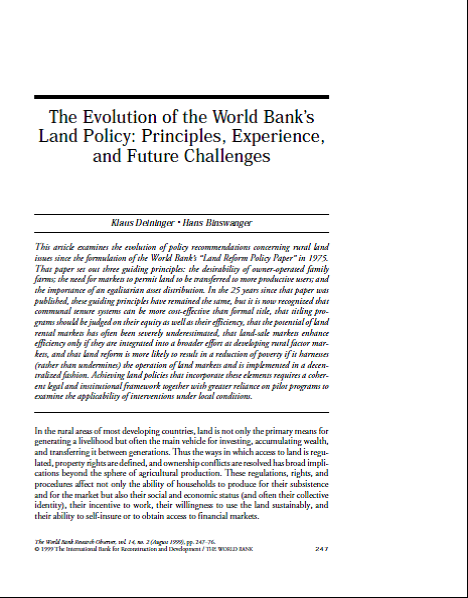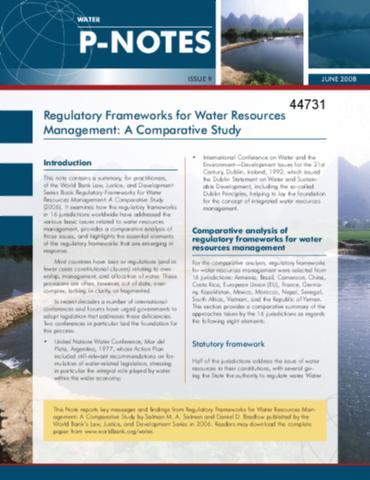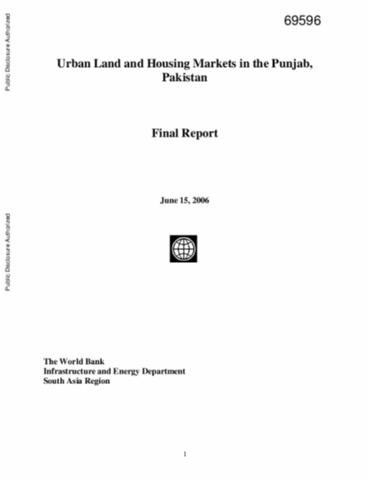Territorialisation and marginalisation in the forested landscapes of Orissa, India
Internal territorialisation or the formalisation of forest rights has led to increased state ownership in many countries, often ignoring traditional or customary tenure and land use. Because of its roots in a formal government process, the disjuncture between formal rights and local practices may be seen as unproblematic to policymakers, even though it harms the livelihoods of marginalised forest dwellers.





